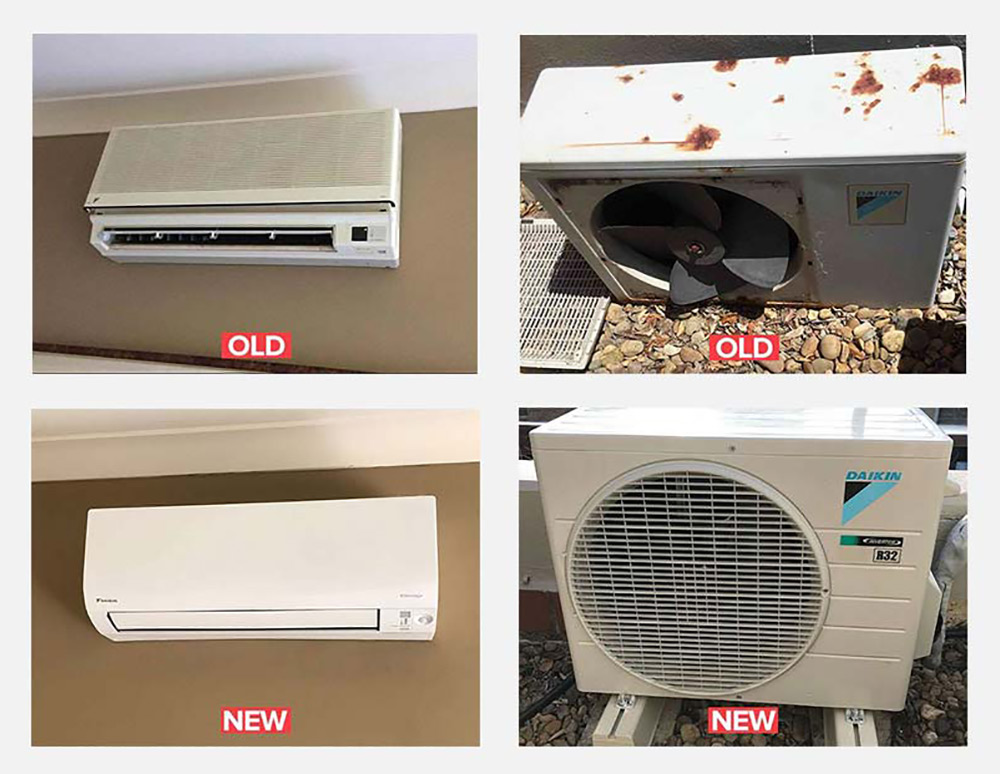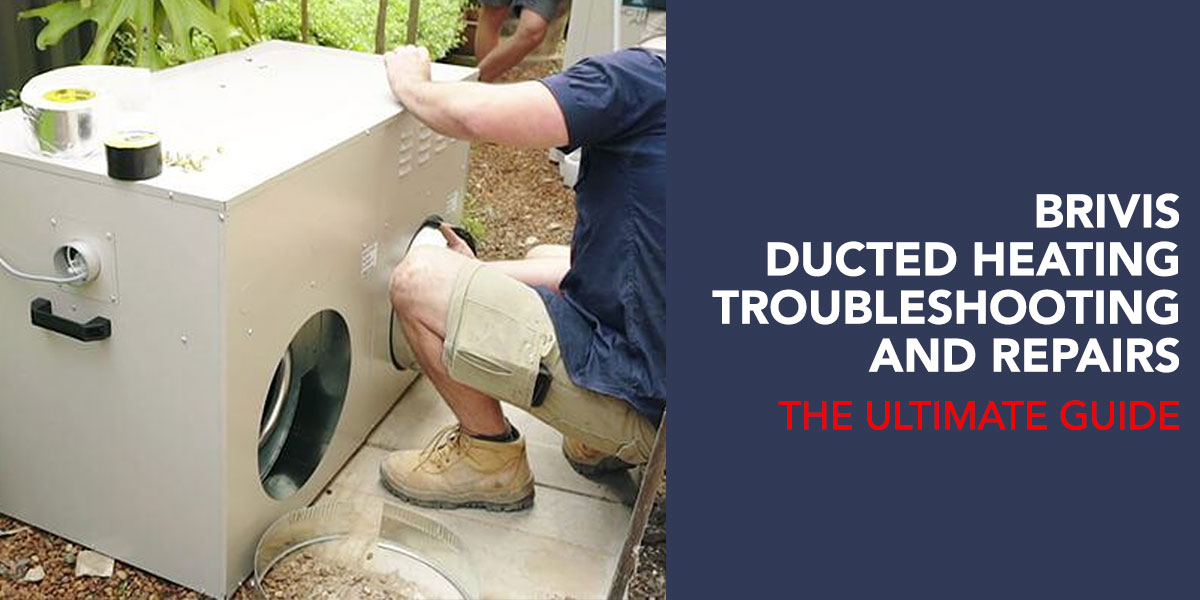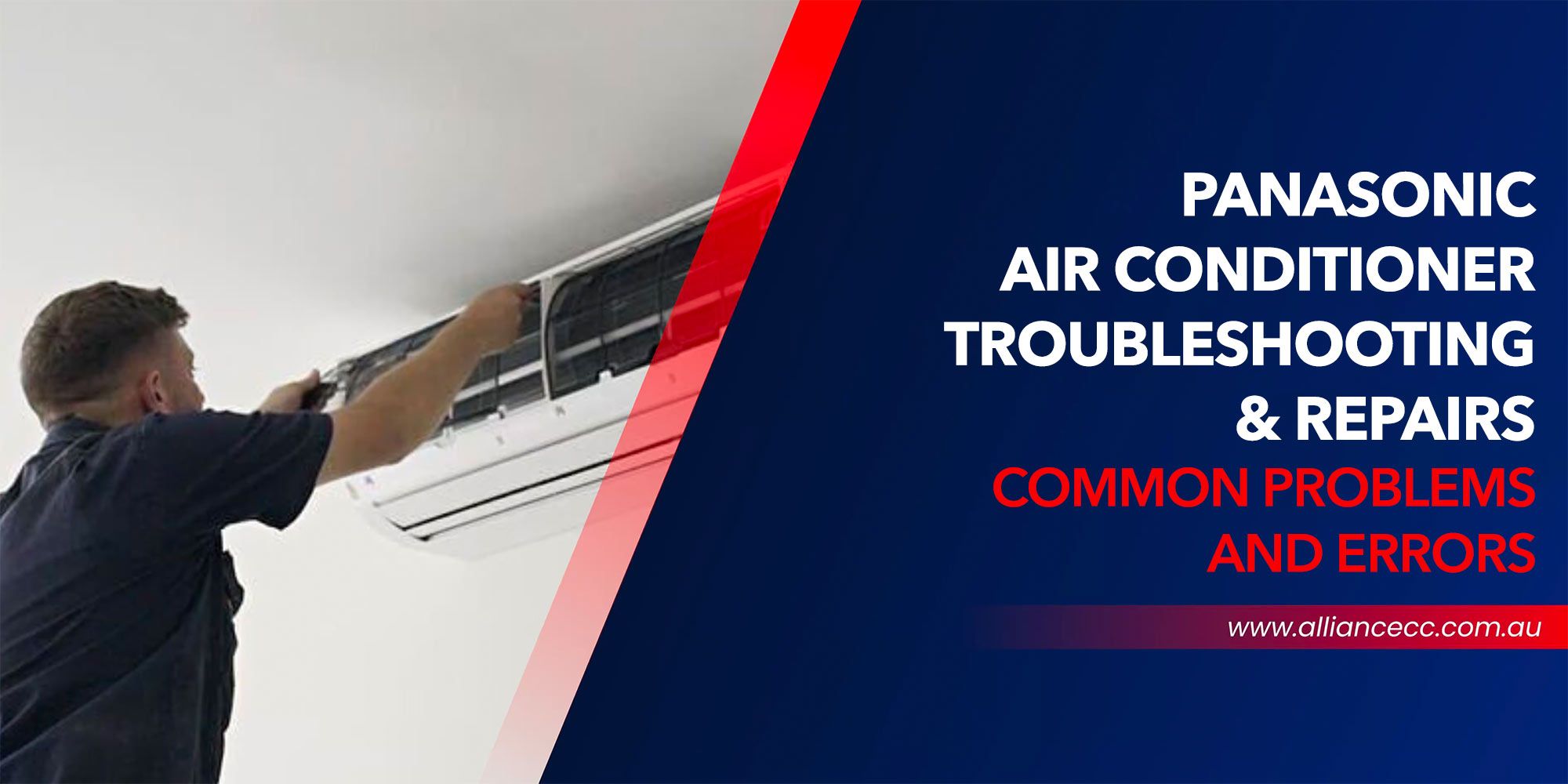
In Australia, our homes are known for their ability to keep us cool even in the middle of the hottest summers, all thanks to our air conditioning system.
Regardless of whether the place you call home is a multi-story building or a studio apartment, you need a well-functioning HVAC system in your space to survive the Aussie summer.
That said, like all electrical appliances, the air conditioning unit in your home has a limited lifetime. When its time is up, you need to invest in a new system to keep your sanctuary cool.
Before you consider investing in a new air conditioning unit for your space, however, you need to remove and dispose of your old unit safely and sustainably; a failure to do so or haphazard removal techniques can harm you, damage your home and have an impact on the environment.
The fact is that most people don’t have a good idea about how to remove their old air conditioning units; and for the most part, this is a job best left to experienced HVAC technicians.
In this post, let’s look at what you need to know about air conditioning removal and disposal.
What to consider before removing your Air Conditioning Unit?
Before I dive into what you need to consider before you remove your unit, it’s important to acknowledge that disposing of your AC responsibly may not be straightforward if you don’t have an in-depth understanding of how these systems work.
With that in mind, here’s what you should consider if you’re debating whether to remove and replace your unit or stick with it for a little while longer.
How long you’ve been using your unit
Like all electrical appliances, the HVAC system cooling your home has an optimum operational lifespan. Most air conditioning units tend to last 15 to 20 years before needing to be replaced. However, many factors can reduce that life, including poor installation, operating conditions, system sizing, and neglected maintenance
That said, the maximum lifespan of your air conditioner unit will also depend on its type, model, brand, and even the environment it’s in.
If your unit is broken and is nearing the end of its lifespan, you can enjoy a better cooling performance by replacing your old aircon. You can save more than a few dollars, however, by repairing it if it’s not near the end of its recommended lifespan.
Before you make a decision, check with your AC maintenance service to find out if your home needs a replacement unit or not.

Energy consumption
Another thing you need to consider before removing your old air conditioning is energy consumption.
Old air conditioners, even if they are operating optimally, can consume more power compared to modern cooling units. Modern systems are built with powerful, energy-efficient technology and require fewer resources to offer the same cooling performance.
If you want to reduce your energy bill, consider removing your old unit and replacing it with a newer model.
Should you disconnect your unit?
The straightforward answer is no.
As someone with experience in air conditioning installation and removal, I don’t recommend that you remove your air conditioning unit by yourself. Components inside your AC like the compressor and the refrigerant can cause physical harm and pose plenty of hazards to the people in your space if they’re not handled correctly.
If you are interested in air conditioning replacement, contact experienced HVAC technicians in your area and leave it to them; they have the tools and knowledge necessary to perform this service safely.
How much does it cost to remove and dispose of your old air conditioner?
The cost of removing and disposing of your old air conditioning system will depend on several factors such as the number of units, the size of each AC unit, and the type of air conditioner.
Based on these factors, that said, contact local air conditioning removal services to get a more accurate estimate.
Remove your AC unit safely with professional services and support
The removal and disposal of your old air conditioning unit is a job best left to the professionals. With their knowledge, experience and tools, it’s easier to ensure that this process is safer and more efficient for you and better for the environment.
Save yourself the hassle by contacting air conditioning experts like Alliance Climate Control to dispose of your air conditioner unit safely. We don’t only make sure we get the job done, but also ensure that it is as hassle – and stress-free as possible.







